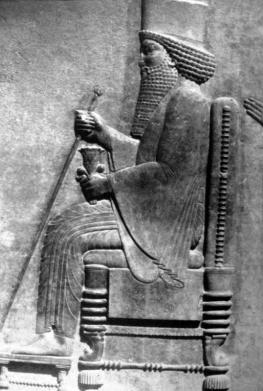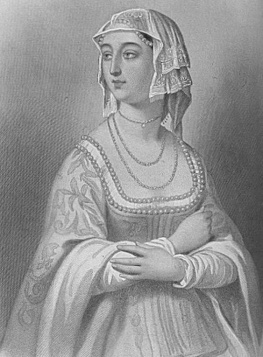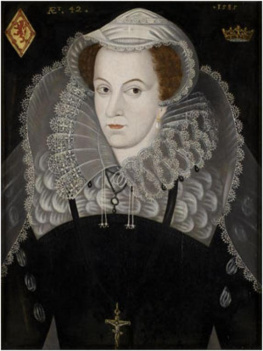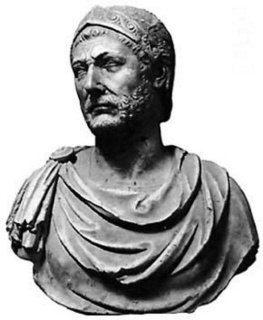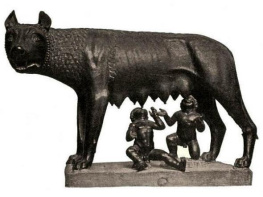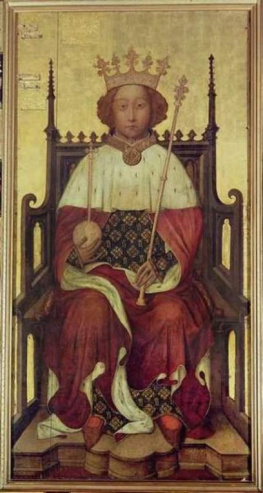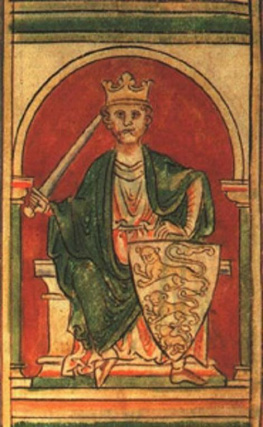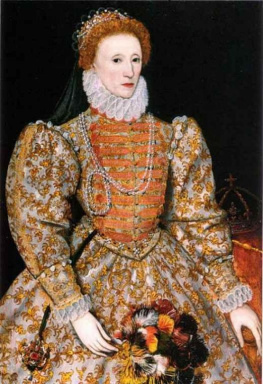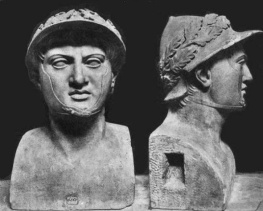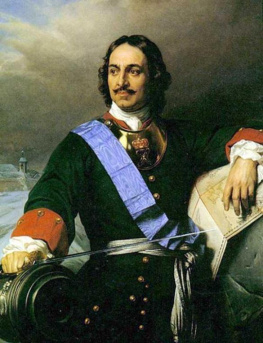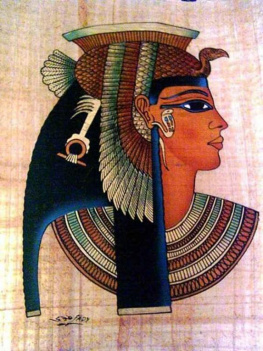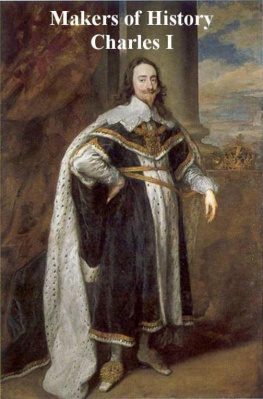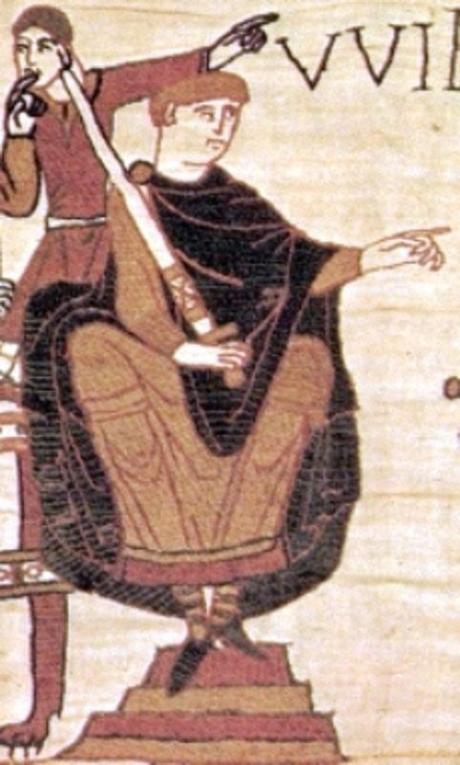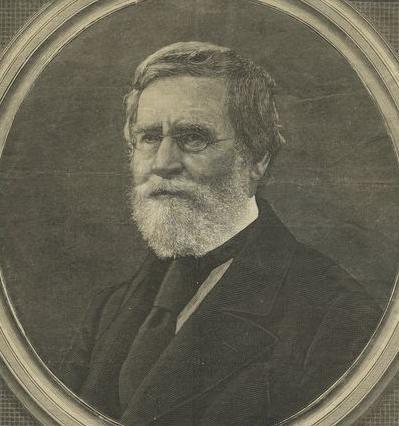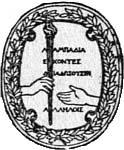Makers of History
William the Conqueror
by
JACOB ABBOTT
WITH ENGRAVINGS
NEW YORK AND LONDON
HARPER & BROTHERS PUBLISHERS
1902
Entered, according to Act of Congress, in the year one thousand
eight hundred and forty-nine, by
HARPER & BROTHERS,
In the Clerks Office of the District Court of the Southern District
of New York.
Copyright, 1877, by JACOB ABBOTT.
Table of Contents
ENGRAVINGS.
PREFACE.
In selecting the subjects for the successive volumes of this series, it has been the object of the author to look for the names of those great personages whose histories constitute useful, and not merely entertaining, knowledge. There are certain names which are familiar, as names, to all mankind; and every person who seeks for any degree of mental cultivation, feels desirous of informing himself of the leading outlines of their history, that he may know, in brief, what it was in their characters or their doings which has given them so widely-extended a fame. This knowledge, which it seems incumbent on every one to obtain in respect to such personages as Hannibal, Alexander, Caesar, Cleopatra, Darius, Xerxes, Alfred, William the Conqueror, Queen Elizabeth, and Mary Queen of Scots, it is the design and object of these volumes to communicate, in a faithful, and, at the same time, if possible, in an attractive manner. Consequently, great historical names alone are selected; and it has been the writers aim to present the prominent and leading traits in their characters, and all the important events in their lives, in a bold and free manner, and yet in the plain and simple language which is so obviously required in works which aim at permanent and practical usefulness.
CHAPTER I. NORMANDY.
A.D. 870-912
One of those great events in English history, which occur at distant intervals, and form, respectively, a sort of bound or landmark, to which all other events, preceding or following them for centuries, are referred, is what is called the Norman Conquest. The Norman Conquest was, in fact, the accession of William, duke of Normandy, to the English throne. This accession was not altogether a matter of military force, for William claimed a right to the throne, which, if not altogether perfect, was, as he maintained, at any rate superior to that of the prince against whom he contended. The rightfulness of his claim was, however, a matter of little consequence, except so far as the moral influence of it aided him in gaining possession. The right to rule was, in those days, rather more openly and nakedly, though not much more really, than it is now, the right of the strongest.
Normandy, Williams native land, is a very rich and beautiful province in the north of France. The following map shows its situation:
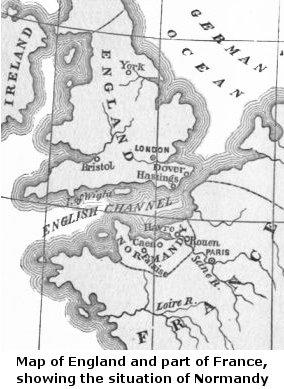
It lies, as will be seen upon the map, on the coast of France, adjoining the English Channel. The Channel is here irregular in form, but may be, perhaps, on the average, one hundred miles wide. The line of coast on the southern side of the Channel, which forms, of course, the northern border of Normandy, is a range of cliffs, which are almost perpendicular toward the sea, and which frown forbiddingly upon every ship that sails along the shore. Here and there, it is true, a river opens a passage for itself among these cliffs from the interior, and these river mouths would form harbors into which ships might enter from the offing, were it not that the northwestern winds prevail so generally, and drive such a continual swell of rolling surges in upon the shore, that they choke up all these estuary openings, as well as every natural indentation of the land, with shoals and bars of sand and shingle. The reverse is the case with the northern, or English shore of this famous channel. There the harbors formed by the mouths of the rivers, or by the sinuosities of the shore, are open and accessible, and at the same time sheltered from the winds and the sea. Thus, while the northern or English shore has been, for many centuries, all the time enticing the seaman in and out over the calm, deep, and sheltered waters which there penetrate the land, the southern side has been an almost impassable barrier, consisting of a long line of frowning cliffs, with every opening through it choked with shoals and sand-banks, and guarded by the rolling and tumbling of surges which scarcely ever rest.
It is in a great measure owing to these great physical differences between the two shores, that the people who live upon the one side, though of the same stock and origin with those who live upon the other, have become so vastly superior to them in respect to naval exploits and power. They are really of the same stock and origin, since both England and the northern part of France were overrun and settled by what is called the Scandinavian race, that is, people from Norway, Denmark, and other countries on the Baltic. These people were called the Northmen in the histories of those times. Those who landed in England are generally termed Danes , though but a small portion of them came really from Denmark. They were all, however, of the same parent stock, and possessed the same qualities of courage, energy, and fearless love of adventure and of danger which distinguish their descendants at the present day. They came down in those early times in great military hordes, and in fleets of piratical ships, through the German Ocean and the various British seas, braving every hardship and every imaginable danger, to find new regions to dwell in, more genial, and fertile, and rich than their own native northern climes. In these days they evince the same energy, and endure equal privations and hardships, in hunting whales in the Pacific Ocean; in overrunning India, and seizing its sources of wealth and power; or in sallying forth, whole fleets of adventurers at a time, to go more than half round the globe, to dig for gold in California. The times and circumstances have changed, but the race and spirit are the same.
Normandy takes its name from the Northmen. It was the province of France which the Northmen made peculiarly their own. They gained access to it from the sea by the River Seine, which, as will be seen from the map, flows, as it were, through the heart of the country. The lower part of this river, and the sea around its mouth, are much choked up with sand and gravel, which the waves have been for ages washing in. Their incessant industry would result in closing up the passage entirely, were it not that the waters of the river must have an outlet; and thus the current, setting outward, wages perpetual war with the surf and surges which are continually breaking in. The expeditions of the Northmen, however, found their way through all these obstructions. They ascended the river with their ships, and finally gained a permanent settlement in the country. They had occupied the country for some centuries at the time when our story beginsthe province being governed by a line of princesalmost, if not quite, independent sovereignscalled the Dukes of Normandy .


